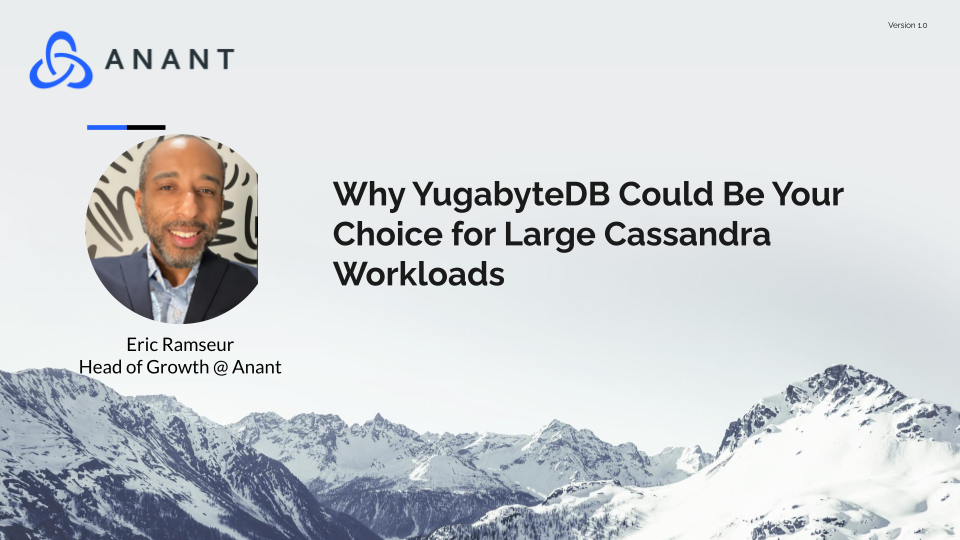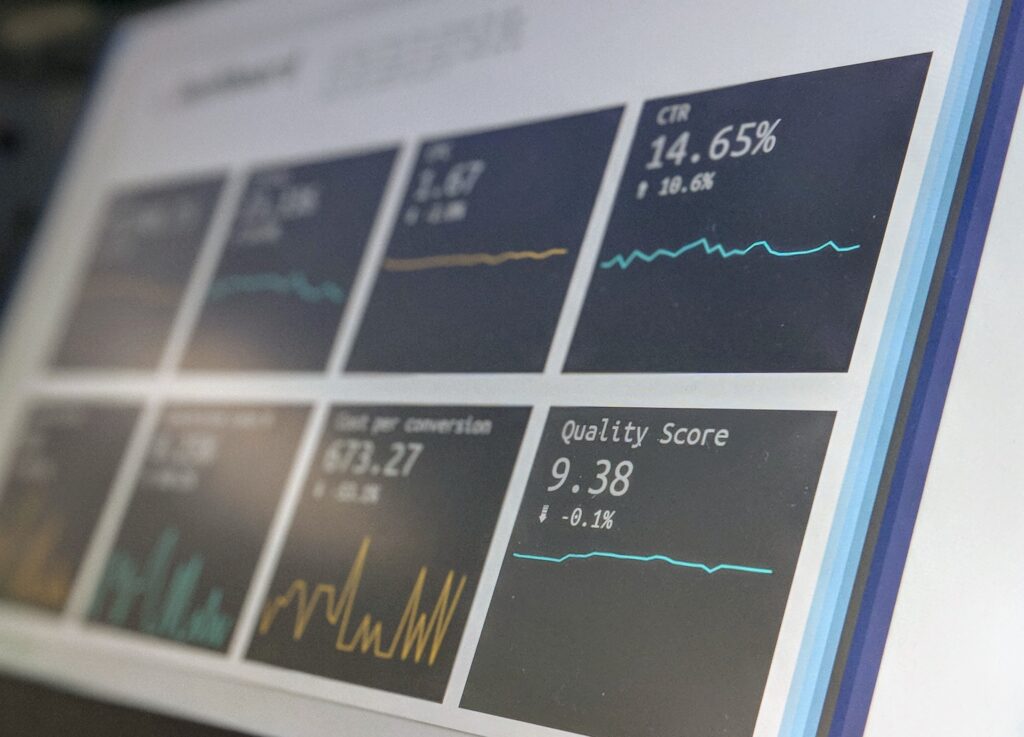Are you looking for a high-performance, scalable, and globally distributed database solution? If so, you may have come across two popular options in the market – YugabyteDB and Apache Cassandra.
When it comes to choosing a database for your business, it’s important to weigh the options and select a solution that meets your specific needs. In the world of databases, two popular choices are YugabyteDB and Apache Cassandra. Both databases offer robust features and benefits, but when it comes down to it, which is the better option?
YugabyteDB and Cassandra are both known for their ability to handle high amounts of data, but that’s just the tip of the iceberg. There are several key differences between the two databases that set them apart and make one a better choice over the other depending on your specific needs.
In this article, we will dive into the key differences between YugabyteDB and Cassandra, exploring the strengths and weaknesses of each. We will also explore the reasons why YugabyteDB stands out as the better choice for businesses looking for a high-performance, scalable, and globally distributed database solution.
While YugabyteDB has several advantages over Cassandra, it’s important to acknowledge that Cassandra has its own strengths as well.
Here are some of the key strengths of Cassandra:
- Wide Adoption: Cassandra has been around for over a decade and has a large user base, making it a trusted solution for many organizations. It also has a strong community and a wide range of resources and tools available, making it easier to find support and solutions.
- Scalability: Cassandra is known for its ability to scale horizontally, meaning it can handle increasing amounts of data by adding more nodes to the cluster. This makes it ideal for businesses that need to handle large amounts of data and traffic.
- Simple Architecture: Cassandra has a simple architecture, making it easier for developers to understand and use. This can lead to faster development and deployment times, as well as lower maintenance costs.
- Cloud Integration: Cassandra integrates well with cloud-based platforms, making it easier for businesses to take advantage of the benefits of cloud computing.
No technology or solution is perfect, and YugabyteDB is no exception.
Here are some of the challenging aspects of choosing YugabyteDB:
- Relative Newcomer: Launched in 2016 by a group of former Facebook engineers, YugabyteDB is a relatively new player in the database market and has a smaller user base compared to Cassandra. This may make it more challenging to find support and resources, although the company is actively working to grow its community and resources.
- Learning Curve: While YugabyteDB offers several advantages over Cassandra, it can also have a steep learning curve for developers who are used to working with Cassandra or other databases. This can lead to longer development and deployment times.
- Limited Community: The YugabyteDB community is still growing, which means there may be limited resources and tools available compared to other databases.
- Cost: YugabyteDB is a commercial product and may have higher licensing costs compared to open-source solutions like Cassandra. However, YugabyteDB is still generally more affordable than other commercially licensed and managed versions of Cassandra.
Please note, while Open-Source Cassandra may be the right choice for some organizations, it’s important to weigh all of the pros and con’s before making a decision. Yugabyte could be a better choice for businesses that need a multi-model, cloud-native, and secure database solution, but may not be ideal for businesses with limited budgets.
While both databases offer robust features and benefits, YugabyteDB stands out as the better choice for several reasons.
Here are some of the key strengths of Yugabyte over Cassandra:
- True Multi-Model Support: Unlike Cassandra, YugabyteDB supports multiple data models including key-value, document, and SQL relational data, making it easier for businesses to handle different types of data.
- Consistent and Strong Transactions: YugabyteDB has built-in support for distributed transactions, ensuring consistency and durability of data even in the face of network partitions and node failures. Cassandra, on the other hand, sacrifices consistency in the name of high performance and availability.
- Cloud-Native Deployment: YugabyteDB can be deployed on any cloud platform, providing the flexibility to run the database in the environment that suits your business needs. Cassandra, on the other hand, is cloud-agnostic and requires additional effort to set up and manage.
- Improved Performance: YugabyteDB uses a unique storage architecture that provides better performance compared to Cassandra. It also has low latency, high-throughput and can handle high write and read loads.
- Advanced Security Features: YugabyteDB has built-in security features including encryption at rest and in transit, role-based access control, and audit logging.
Below is a Yahoo! Cloud Serving Benchmark (YCSB) between Apache Cassandra and YugabyteDB
| Feature | Open Source Cassandra | YubabyteDB |
| Horizontal write scalability (with auto-sharding and rebalancing) | Yes | Yes |
| Automated failover & repair | Yes | Yes |
| Distributed ACID transactions | No | Yes |
| Consensus-driven, strongly-consistent replication | No | Yes |
| Strongly-consistent secondary indexes | No | Yes |
| Multiple read consistency levels | Yes | Yes |
| High data density | No | Yes |
| API | Cassandra QL | Yugabyte Cloud QL, YCQL, YSQL |
| Open Source | Apache 2.0 | Apache 2.0 |
In conclusion, YugabyteDB is a better option for businesses looking for a highly scalable, cloud-native, and secure database solution. It provides improved performance, multi-model support, and strong transactions compared to Cassandra. The data platform also supports SQL workloads using a PostgreSQL API and can be a good option if your organization has both types of databases. If you are considering a distributed database for your business, make sure to consider YugabyteDB.
Join the growing community of successful companies that have migrated from Cassandra to YugabyteDB – Let us help you make the switch.
Resources
- https://docs.yugabyte.com/preview/faq/comparisons/
- https://www.yugabyte.com/blog/building-a-strongly-consistent-cassandra-with-better-performance/
- https://forum.yugabyte.com/t/ycsb-benchmark-results-for-yugabyte-and-apache-cassandra-again-with-p99-latencies/99
- https://chat.openai.com/
- https://github.com/brianfrankcooper/YCSB/wiki




